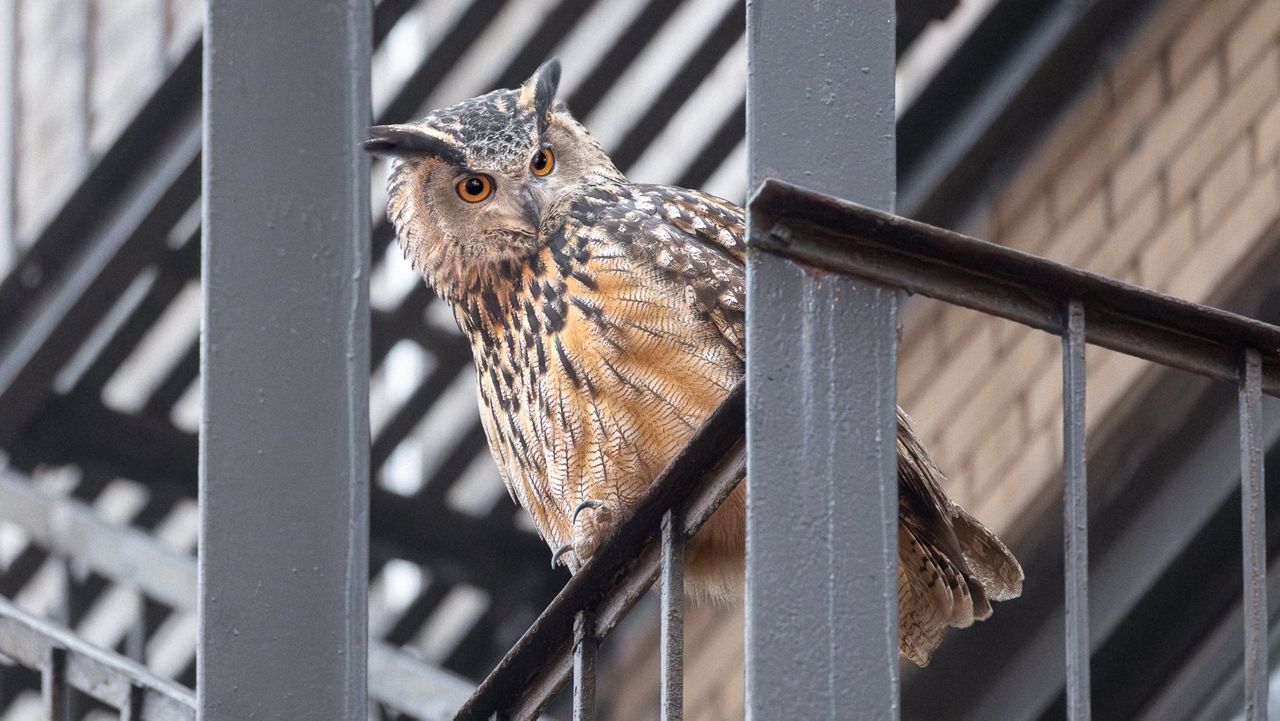In addition, it is necessary that the export certificate is included with the shipment. This certificate is proof that the goods originally come from the EU. Without this certificate, it is difficult for authorities to determine whether the goods meet EU standards.
Another important document is the declaration of safety. This declaration is a guarantee that the shipment was under official supervision and was not tampered with during transport. In the United Kingdom, for example, this monitoring is carried out by British Customs or the veterinary authority Defra.
Given the complexity of these processes, the NVWA advises companies unfamiliar with the import procedures of animal products into the EU to hire a customs broker or freight forwarder. These professionals can provide valuable assistance in complying with regulations and ensuring the smooth flow of goods. To find those Experts | Companies can contact the trade organization FENEX.
This situation highlights the challenges Dutch exporters face in the wake of Brexit. It is crucial that businesses are aware of changing regulations and adapt their processes accordingly to minimize disruption to their trading activities. This method describes how the NVWA carries out controls for the re-importation of products of animal origin from the EU into the EU.
2024-02-03 04:43:03
#Brexit #presents #challenges #Dutch #exporters


